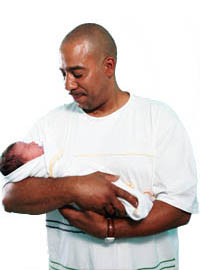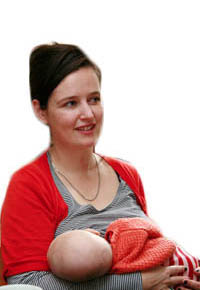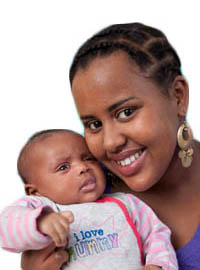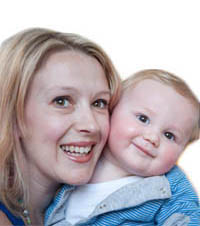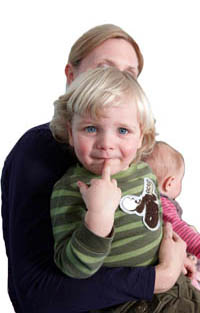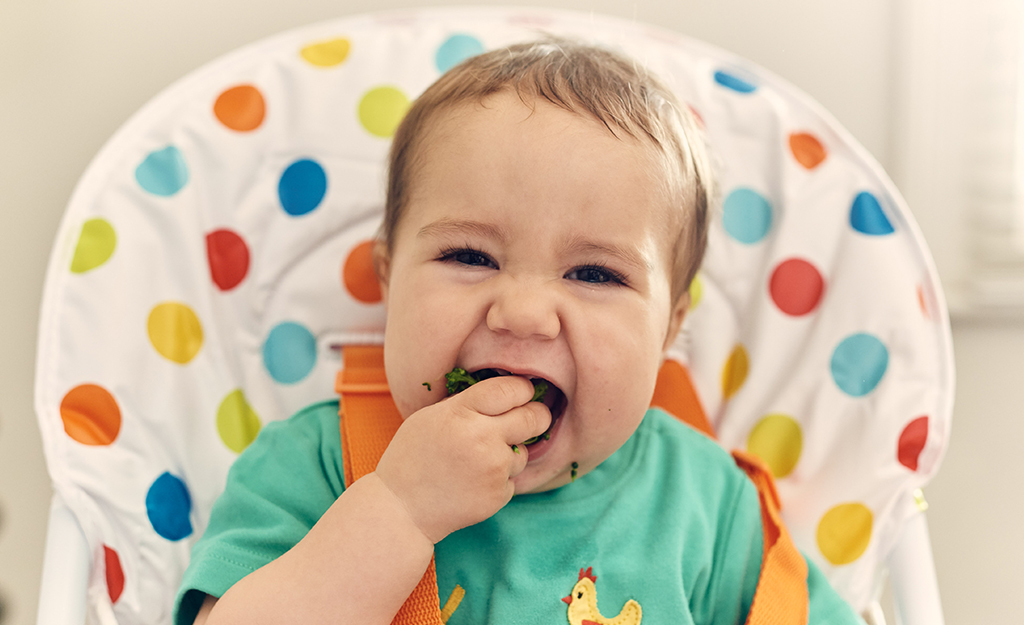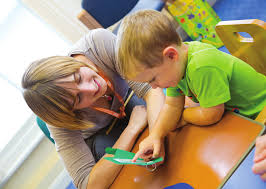Where some of these clinics may have previously run as drop in clinics, parents will now need to book a timeslot online to attend.
Blaina
Heart of the Valleys Integrated children's centre, High St, NP13 3BN
Wednesday 9.30am – 12.30pm
Weigh and Play Session
Heart of the Valleys Integrated children's centre, High St, NP13 3BN
First Friday of every month
10.00-12.00pm
Cwm
Cwm Flying Start Hub, Canning Street, Cwm, Ebbw Vale NP23 7RD
Thursday 9.00am – 12.30pm (once a month)
Ebbw Vale
Glyn Ebwy Surgery, James Street, Ebbw Vale NP23 6JG
Monday 9:30 - 11:00 (except bank holidays).
Drop in (No appointment needed)
Glyn Ebwy Surgery, James Street, Ebbw Vale NP23 6JG
Thursday 9:30am - 12:30pm
Tredegar
The Bevan Centre, Tredegar HC, 1 Park Row, Tredegar NP22 3NG
Wednesday 9.30-12.30pm
Weigh and Play Session
The Bevan Centre, Tredegar HC, 1 Park Row, Tredegar NP22 3NG
Last Thursday of every month
13.00-16.00pm
Abertillery/Swffryd
Cwm Calon Surgery, Bridge Centre, Foundry Bridge, NP13 1BQ
Monday 9:30am - 12:30pm





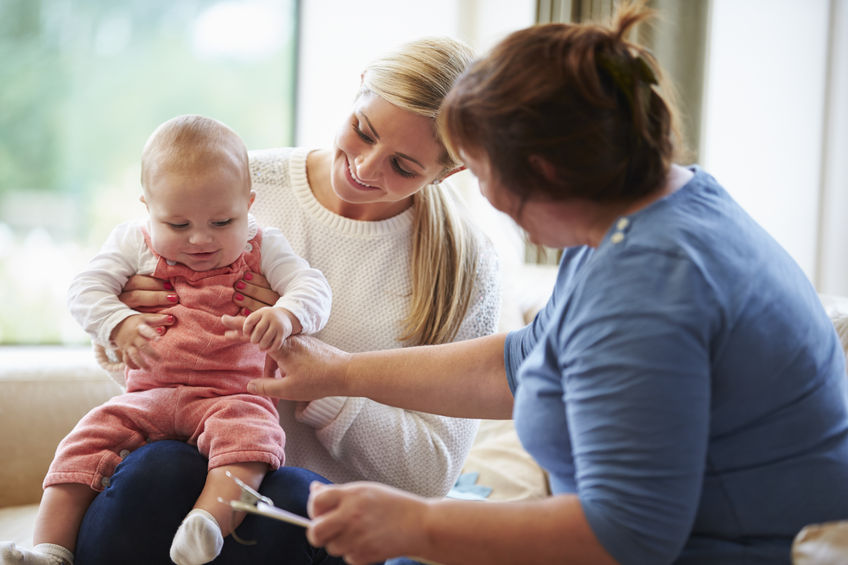 Contact the Health Visiting Service
Contact the Health Visiting Service